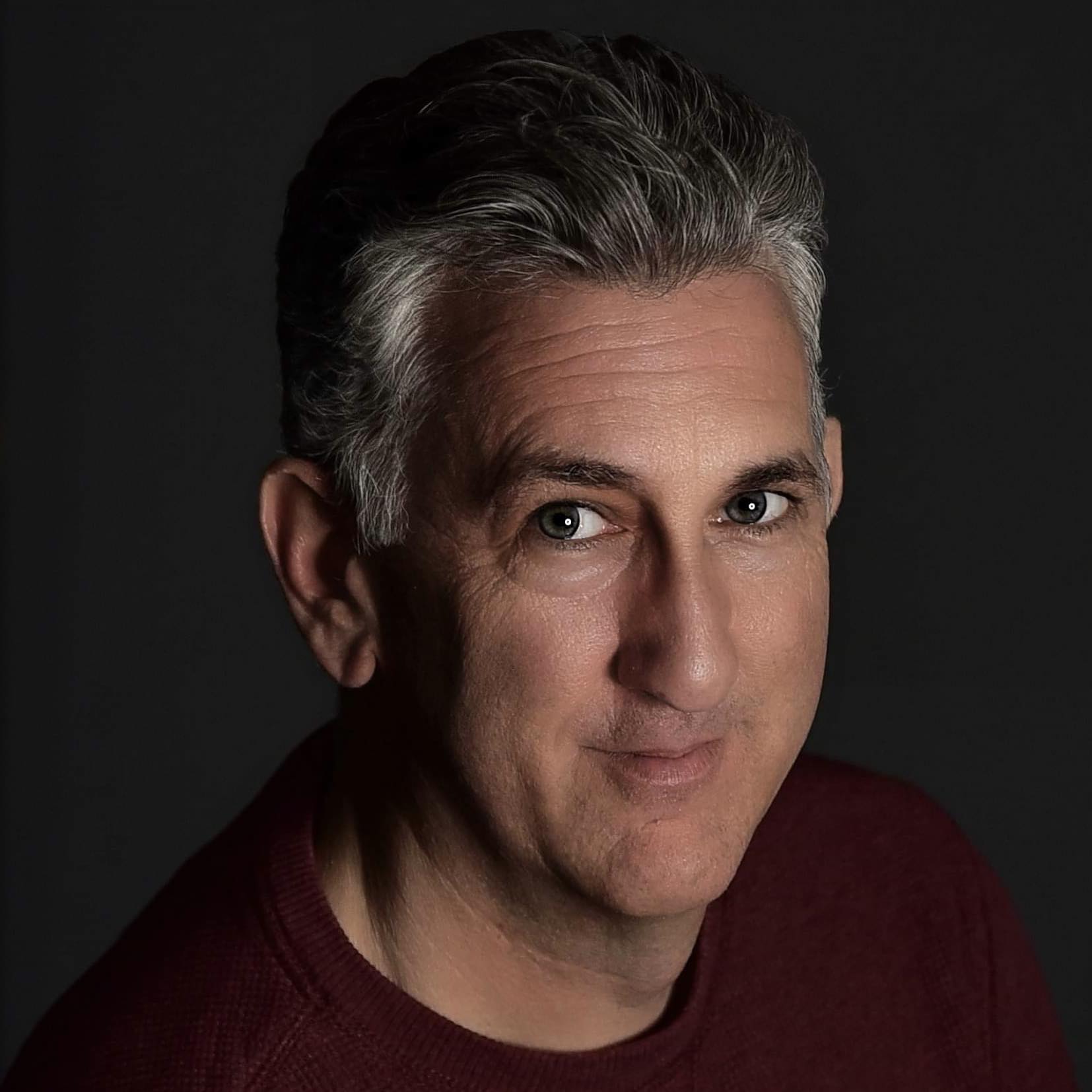Stumbling Stones CLE Toolkit
Description and Learning Objectives
This performance-based CLE uses the true story of civil-rights attorney John Rosenberg to explore how personal history can forge a durable professional ethos. The 80-minute play juxtaposes Rosenberg’s childhood during Kristallnacht, his work in DOJ’s Civil Rights Division (including the legal framework behind U.S. v. Price (1966) and “under color of law”), and his decades leading AppalReD to confront broad-form deeds in Kentucky. The narrative illuminates how lawyers uphold the rule of law when local systems fail, and how impact litigation, legislation, and constitutional change can work in sequence to remedy entrenched injustice.
Following the play, a 40-minute moderated panel unpacks the ethical through-lines: the profession’s responsibility to promote access to justice (ABA Model Rule 6.1; SCR 3.130(6.1)), the lawyer’s role as public citizen (SCR 3.130 Preamble), scope of representation (Model Rule/SCR 1.2), and boundaries of advocacy (Model Rule/SCR 8.4). Panelists connect lessons to current practice (e.g., environmental justice, criminal-legal reform, predatory contracting) and model trauma-informed, community-engaged lawyering. Attendees leave with actionable strategies and template steps for building compliant, sustainable pro bono programs; evaluating “under color of law” collaborations; and pursuing multi-branch law reform while maintaining professional integrity.
Recommended credit request: 2.0 total CLE hours. A portion may be Ethics hours depending on the requirements of the state
By the end of this program, participants will be able to:
- Identify the legal test for acting “under color of law” and apply it to mixed public-private conduct scenarios (e.g., coordinated actions with law enforcement).
- Explain the historical arc of Kentucky’s broad-form deed litigation (Buchanan → Akers → 1988 Amendment → Ward) and analyze how judicial, legislative, and popular processes interact in law reform.
- Differentiate between zealous advocacy and misconduct under Model Rule/SCR 8.4, and recognize high-risk tactics that jeopardize cases and clients.
- Articulate the lawyer’s public-service role under Model Rule 6.1 / SCR 3.130(6.1) and design a feasible, documented pro bono plan for their office or unit.
- Apply Model Rule/SCR 1.2 to maintain client-directed objectives while counseling against expedient but harmful resolutions in resource-asymmetric disputes.
- Evaluate when to escalate beyond local fora (federal statutes, constitutional pathways, coalitions) and map a stepwise reform strategy for a current practice issue.
- Incorporate trauma-informed and community-centered practices drawn from the play (e.g., narrative dignity, client agency, collaboration with organizers).
Jeff Sherr Bio and Headshot

Legal Training Experience
Jeff Sherr brings over 25 years of dedicated experience training public defense professionals. After earning his JD from the University of Kentucky College of Law in 1995, he began his legal career with Kentucky’s Department of Public Advocacy in 1994—as a law clerk, trial lawyer, and eventually as the Manager of the Education and Strategic Planning Branch. In 2016, Jeff became the Training Director for the National Association for Public Defense (NAPD), where he led the development of numerous national conferences, launched the organization’s first virtual public defense conference, and oversaw the creation of NAPD’s Online Academy—expanding access to training across the nation.
CLE & Public Defense Education
As a seasoned faculty member, Jeff has designed and delivered courtroom-focused training to public defender audiences through institutions like Gideon’s Promise, the National Criminal Defense College, the Clarence Darrow Death Penalty College, the Harvard Trial Advocacy Workshop, Bronx Defender Academy, and various state training institutes. His expertise extends to leadership training, litigation strategy, building culture in defense teams, small-group coaching, and effective advocacy at every stage.
Bringing Performance to Legal Education
Jeff’s background in theater—earning a BA in Theatre from the University of Kansas and training at the National Shakespeare Conservatory—enriches his approach to training. With over five decades on stage and long-form improv experience with Central Kentucky Improv, he applies storytelling, presence, and adaptability to courtroom teaching, making his CLE presentations engaging, empathetic, and memorable.
